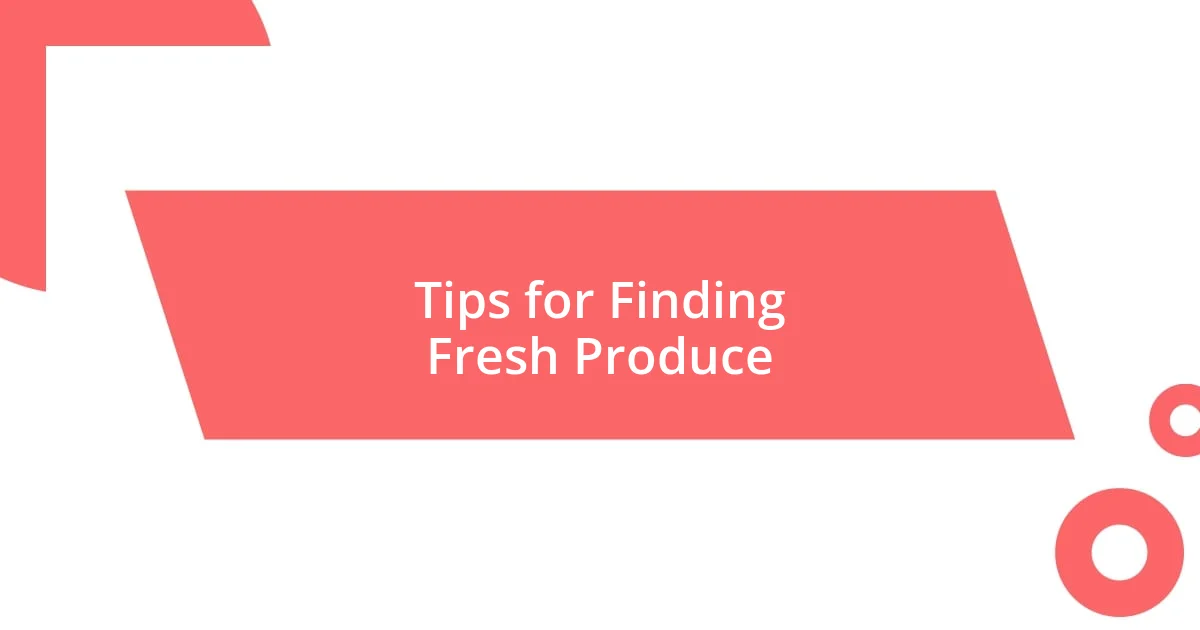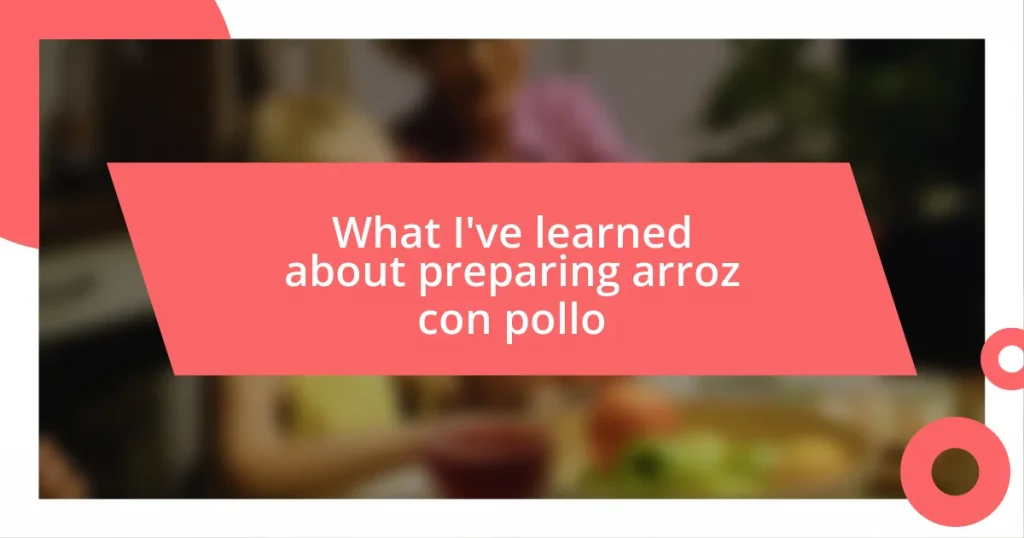Key takeaways:
- Shopping at markets supports local farmers and artisans, enhancing the community economy and experience.
- Bringing essentials like a reusable tote, cash, and a shopping list improves the market visit, ensuring smooth transactions and avoiding forgetfulness.
- Engaging with vendors and exploring seasonal produce leads to fresher selections and a more enjoyable cooking experience, turning shopping into an adventure.

Benefits of Shopping at Markets
Shopping at markets brings a vibrant atmosphere that you rarely find in traditional grocery stores. I still remember my first visit to a local farmers’ market; the scent of fresh herbs and ripe fruit transported me immediately. Isn’t it amazing how the simple act of wandering through colorful stalls can uplift your mood?
One of the greatest perks is the opportunity to support local farmers and artisans. Last summer, I bought tomatoes straight from a grower who was passionate about sustainable agriculture. Knowing that my purchase directly benefited her family and community made the tomatoes taste even better. Have you ever thought about how your shopping choices impact the local economy?
Beyond supporting local businesses, markets often offer fresher and seasonal produce. I’ve noticed that the strawberries I buy in early summer burst with sweetness that grocery store varieties simply don’t possess. Isn’t that worth the trip? Plus, engaging with vendors not only enhances the experience but also allows for valuable learning about the products and how to use them in new recipes.

Essentials to Bring to Markets
When heading to a food market, there are a few essentials I’ve learned to bring that make the experience smooth and enjoyable. One of my must-haves is a reusable tote bag. These markets often have unique items that I can’t resist, and having a sturdy bag ready means I won’t be scrambling for one at checkout. I also recommend bringing cash; while many vendors are now accepting cards, I’ve encountered numerous spots that only take cash, making it essential for snagging those fresh finds.
Another wise addition to your market visit toolkit is a cooler or insulated bag, especially if you’re planning to buy perishables. I recall a day when I bought some artisan cheese and homemade yogurt. The joy of indulging in those treats quickly faded as I realized my lack of an insulated bag meant they soured by the time I got home. Avoiding any potential letdown will keep those delicious purchases safe and sound!
Lastly, never underestimate the importance of a shopping list. Markets can be overwhelming with their enticing smells and colorful displays. I once found myself distracted, piling my basket high with goodies like fresh flowers and hand-rolled pasta, only to forget the essentials like garlic and onions for my dinner. A list ensures that the staples make it into your cart alongside those delightful extras.
| Essential Item | Importance |
|---|---|
| Reusable Tote Bag | Allows for easy transport of items and can hold more than plastic bags. |
| Cash | Many vendors prefer cash transactions, ensuring you don’t miss out on great deals. |
| Insulated Cooler | Keep perishables fresh on hot days to avoid spoilage. |
| Shopping List | Helps you stay focused and make sure you grab all necessary items. |

Tips for Finding Fresh Produce
When hunting for fresh produce at a market, I find it helpful to engage with vendors. In my experience, chatting with them often leads to discovering the best picks of the day. One morning, I asked a vendor about the ripest peaches, only to learn about a newly harvested variety that I had never tried before. That little conversation transformed my peach experience and sparked a delightful homemade cobbler.
Here are some tips that have helped me consistently score the freshest fruits and vegetables:
- Arrive Early: The best produce often goes fast. Getting there early gives you first dibs on those ripe tomatoes or crisp greens.
- Inspect the Produce: Look for vibrant colors and avoid items with bruises or blemishes. I always follow my instinct—it’s surprising how often the most visually appealing choices turn out to be the freshest.
- Ask About Sourcing: Don’t hesitate to inquire where the vendor’s items come from. I’ve found that knowing the farm’s story often translates to higher quality, as passionate farmers tend to care more about their produce.
- Buy in Season: Embracing seasonal fruits and veggies not only assures freshness, but also helps me get creative in the kitchen. For instance, last autumn, I fell in love with roasted Brussels sprouts paired with locally produced balsamic glaze—it made for a wonderfully aromatic dish!
- Use Your Senses: Smelling herbs and squeezing a ripe avocado are intuitive ways to gauge freshness. I remember the vibrant aroma of basil hitting me as I walked by a stall, and I knew immediately that I had to take some home for pesto.
In my journey through local food markets, these little tips have transformed how I shop for produce, turning each visit into an adventure filled with delicious discoveries.

Discovering Local Vendors and Products
Discovering local vendors can feel like unearthing hidden gems in your community. I remember stumbling across a small stall run by a grandmother selling her homemade jams; it was like stepping into her kitchen. While chatting, she shared that each flavor was inspired by fruits from her own garden. That personal touch not only elevated my breakfast but also made me appreciate the story behind each jar.
It’s thrilling to explore a food market and be surprised by the variety of options available. One chilly afternoon, I wandered into a corner booth filled with vibrant, locally sourced root vegetables. The vendor fondly described how she had personally harvested each one that morning. I felt an immediate connection and ended up with more than I had planned—those gorgeous carrots and beets simply called to me, promising some unforgettable meals ahead.
I often ask myself, what makes exploring these vendors so special? For me, it’s the community vibe. Each purchase feels like supporting a dream, whether it’s a young couple selling artisanal bread or a family who has been farming for generations. It’s heartwarming to cultivate these relationships while bringing fresh, local products into my kitchen. That sense of connection transforms grocery shopping into a meaningful experience, making every market visit a delightful adventure.















